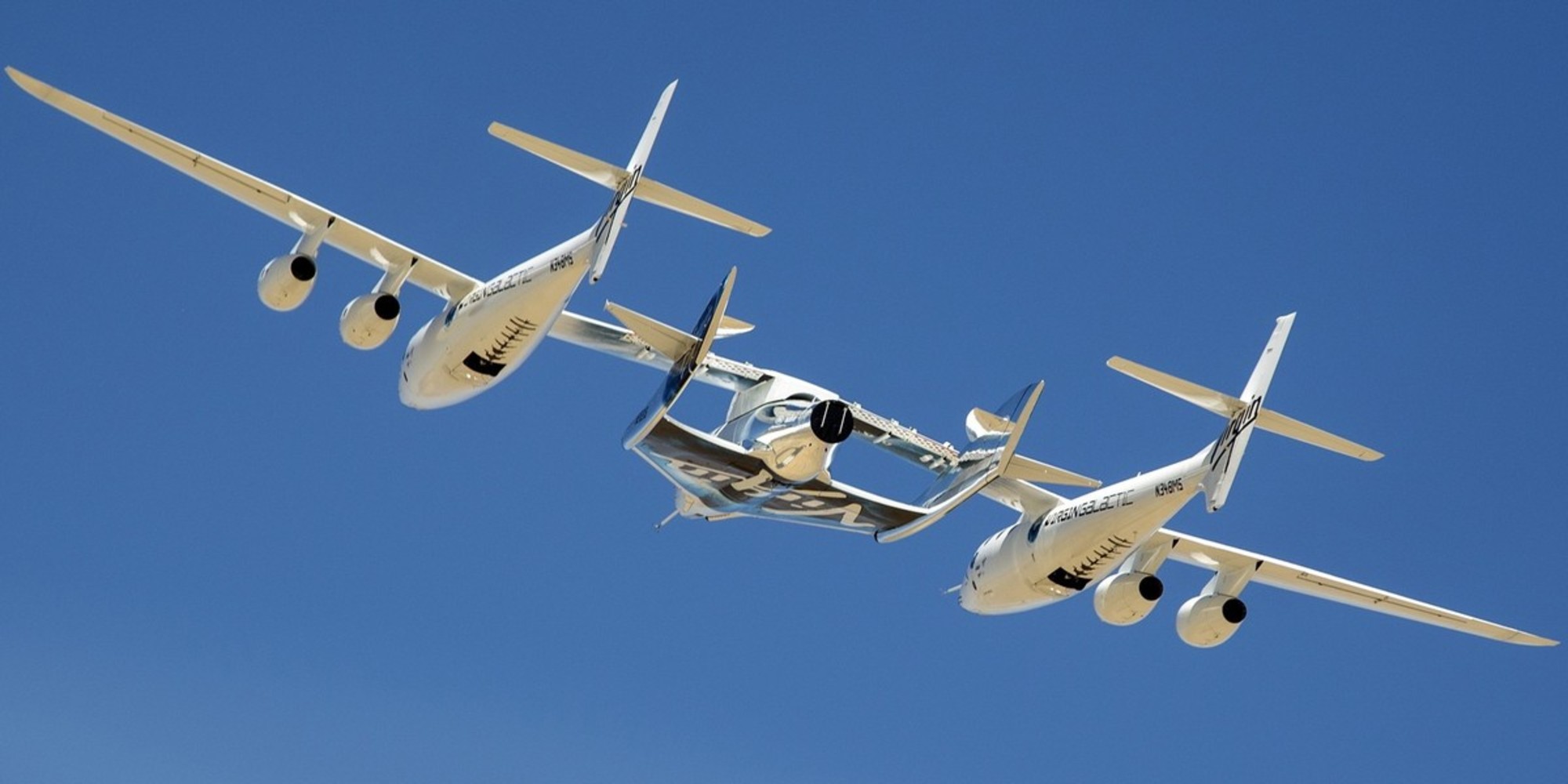
A Tel Aviv University team genetically engineered algae to emit hydrogen five times more efficiently to potentially power hydrogen cars.

The future is here, or at least it is in China, where the largest second-generation robot restaurant is run by a small handful of humans and 15 robots.

As far as stars go, these two are rather close together to have such massive, Jupiter-sized planets orbiting them. The planets and their stars were found 154 light-years away in the constellation Libra.

Japanese fisherman have slaughtered 15-20 dolphins this Friday in the annual hunt in Taiji.

Swiss startup Insolight has developed a new solar cell that boasts an energy conversion rate of 36.4 percent, nearly double that of existing residential solar technology.

Anchored to a carrier aircraft, Virgin SpaceShip Unity takes to the skies in Mojave, Calif.

The United States lifts protection for most humpback whales around the globe based on evidence of a strong comeback in numbers.

Planet Earth has lost one tenth of its area of wilderness since 1993, equivalent to half of Australia in size, new research reveals.

Computer simulations of a spherical collection of stars known as 'NGC 6101' reveal that it contains hundreds of black holes, until now thought impossible.

Humanity is about to deepen its understanding of Earth's winds. The European Space Agency has secured a rocket launch deal for its wind-tracking Aeolus satellite, which is now expected to enter orbit before the end of 2017.

We are at the cusp of an energy revolution. This post is a look at how three technologies — solar, batteries, and electric vehicles (EVs) — are poised to disrupt a $6 trillion energy industry over the next two decades.

Al Gore believes we are in a turning point in the fight against climate change. It will be bigger than the industrial and information revolutions combined.

The Global Seed Vault is a vast storehouse far north of the Arctic Circle. In it are half a billion seeds from around the world. The vault is meant to safeguard humanity against losing vital food stocks to extinction, natural disaster, nuclear war or climate change.

Scientists believe Venus was once Earth-like. How is this possible and what caused the planet to turn toxic?

Carbon nanotubes are one of the most conductive materials ever discovered. Now, for the first time ever, scientists made a transistor using carbon nanotubes that beats silicon.